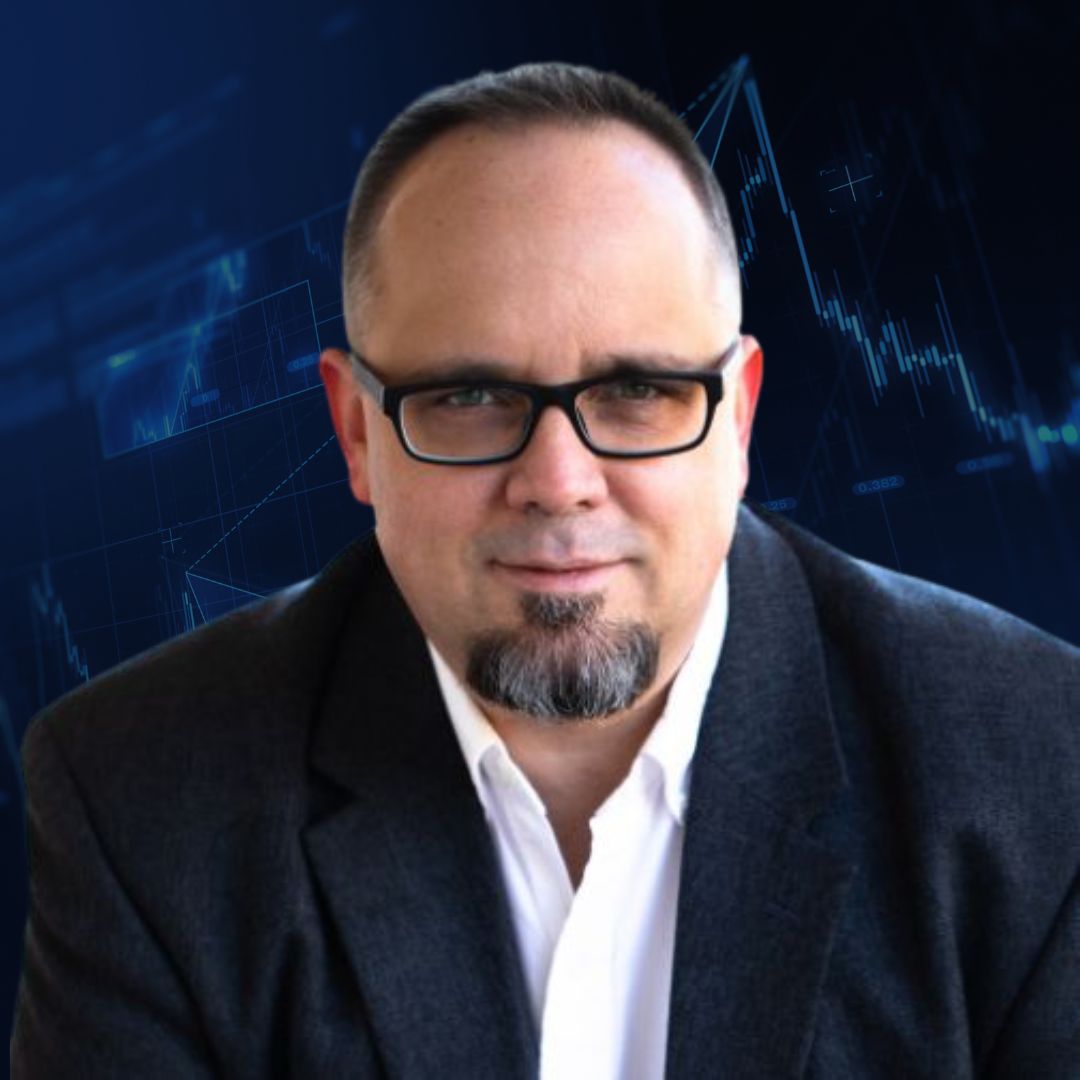Guest Episode
Flipping the Mindset: Max Horenstein's Journey from Airbnb to Land Investing
In this episode, Max discusses the importance of gratitude in entrepreneurship, highlighting how appreciating current successes can lead to better decisions and smoother business operations. He shares personal experiences of rushing toward goals and emphasizes that personal growth is essential for business growth. The conversation concludes with a reminder to enjoy the journey and focus on helping others.
.jpg)
Discover the power of gratitude in business! In this episode, Max shares insights on how recognizing your current achievements can pave the way for future success, emphasizing that slowing down and appreciating your journey can lead to better decision-making.
SHARE
Ready to join the big leagues?
Start with a free strategy consultation.
Get A Consultation




.jpg)





.webp)
